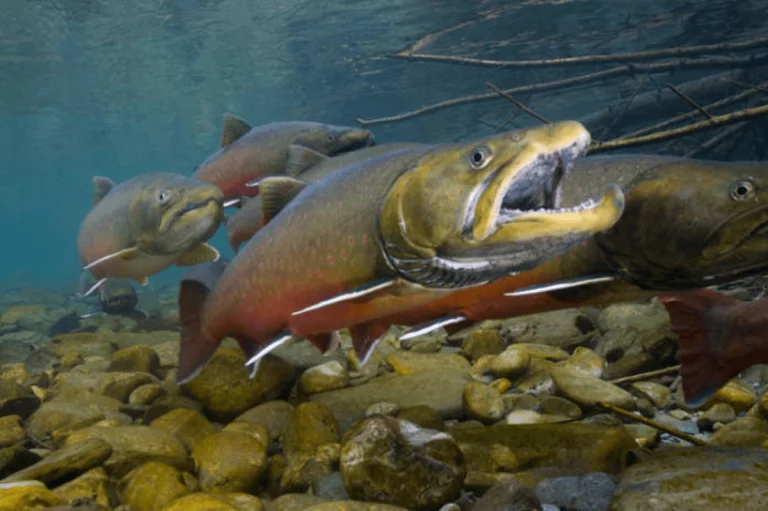Why America Is Removing Thousands Of Dams
With more than 550,000 dams in the United States, free-flowing rivers are an endangered species. We’ve dammed, diked, and diverted almost every major river in the country, straightening curves, pinching off floodplains, and blocking passage for fish and other aquatic animals. But this has come at a great cost. Freshwater biodiversity—all the organisms that hail from our rivers, streams, lakes, and wetlands—is among the most threatened on the planet. Dams have played a big role in that demise, pushing fish, mussels, and other animals to the brink, and some over it. In North America, nearly 40 percent of fish are imperiled, and 61 species have blinked out since 1900.















